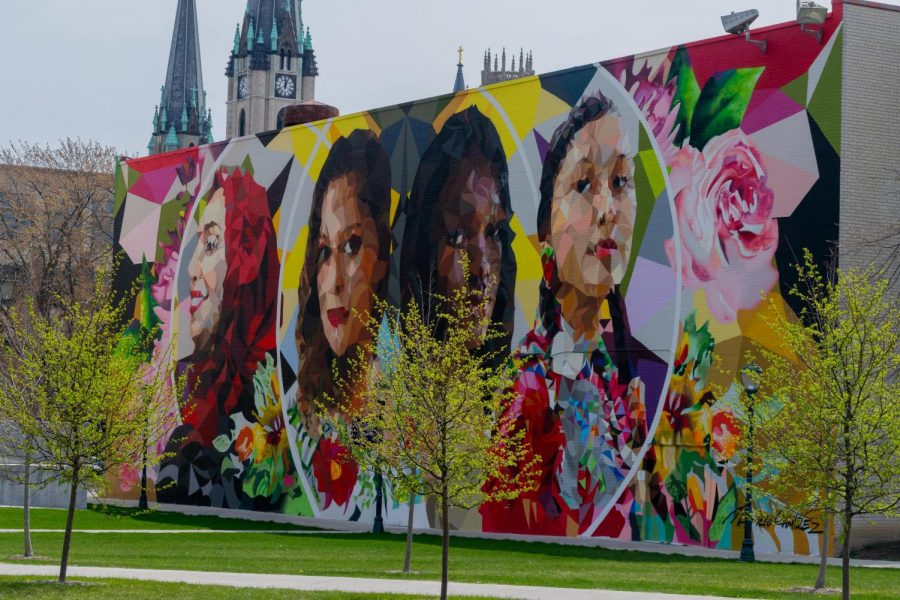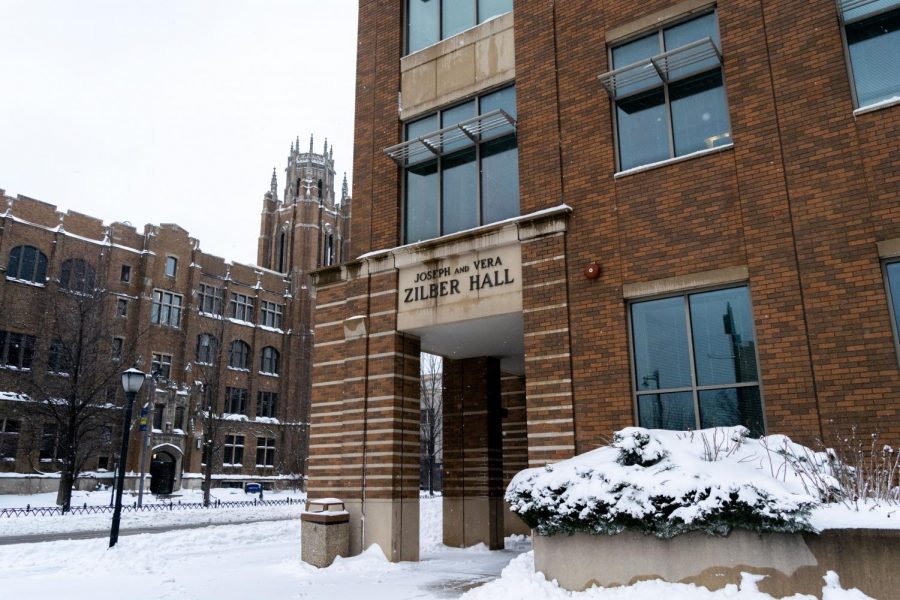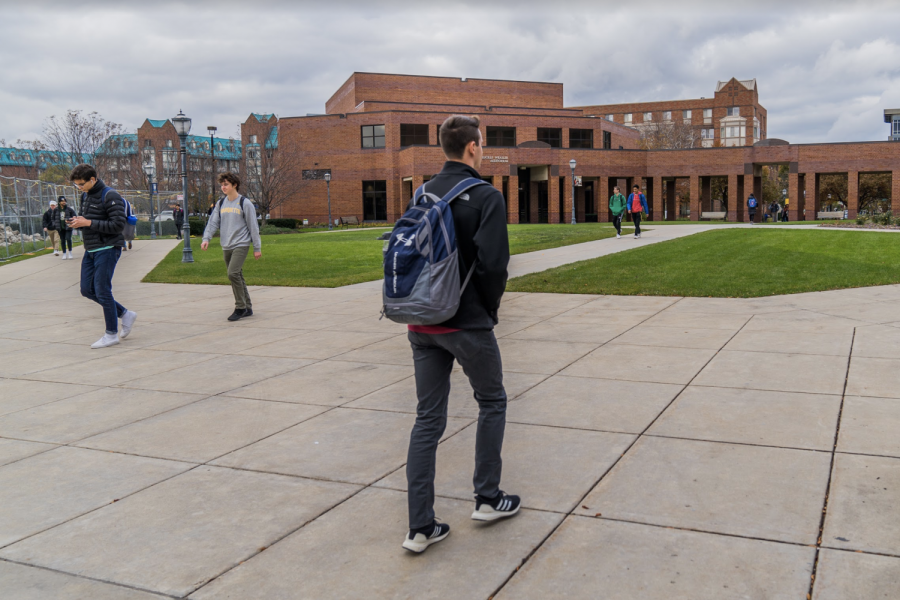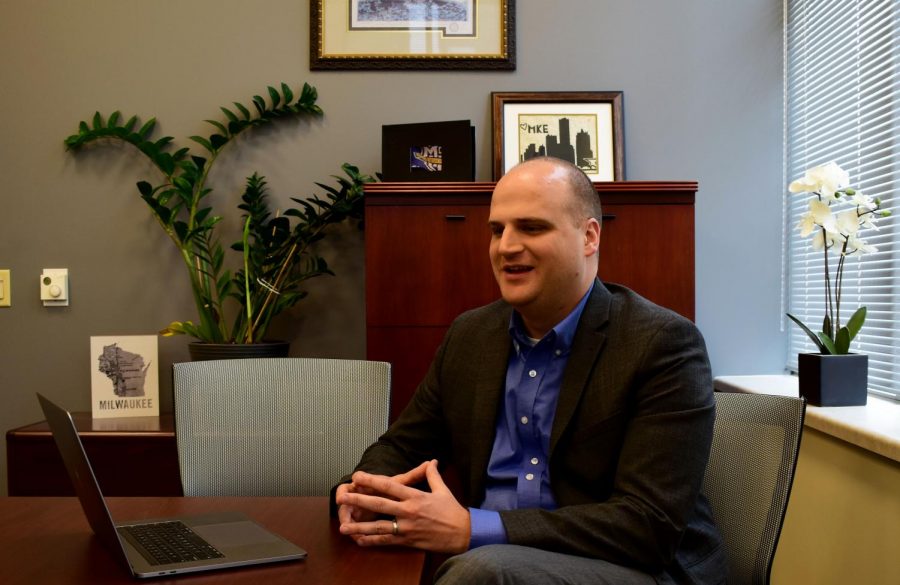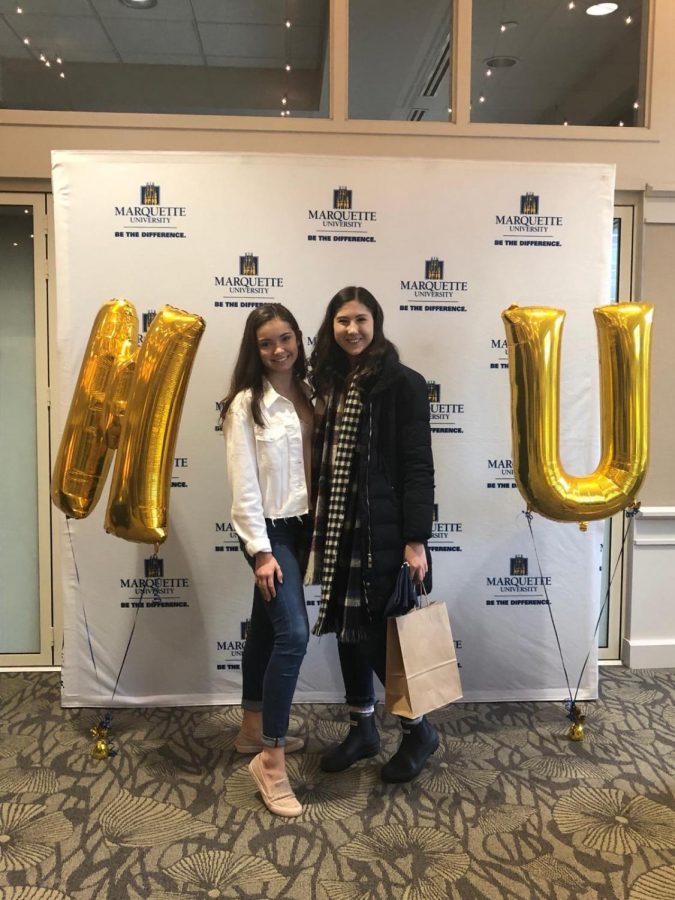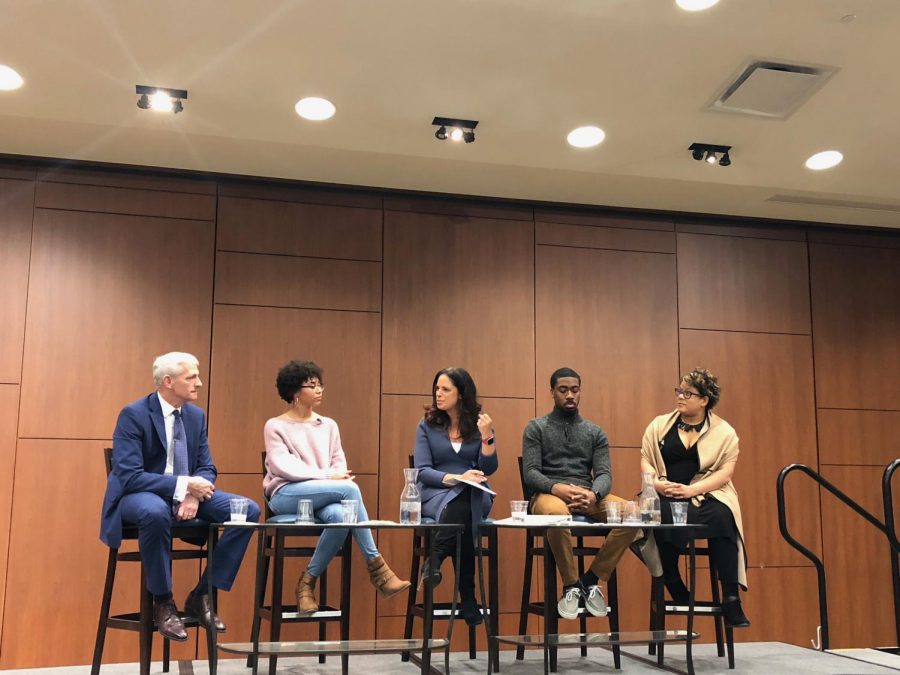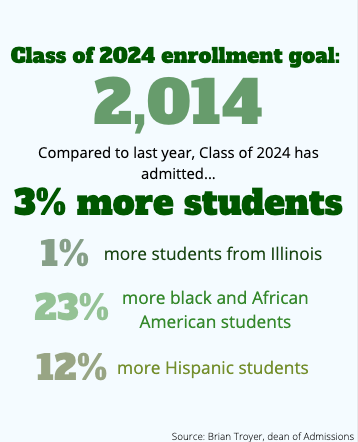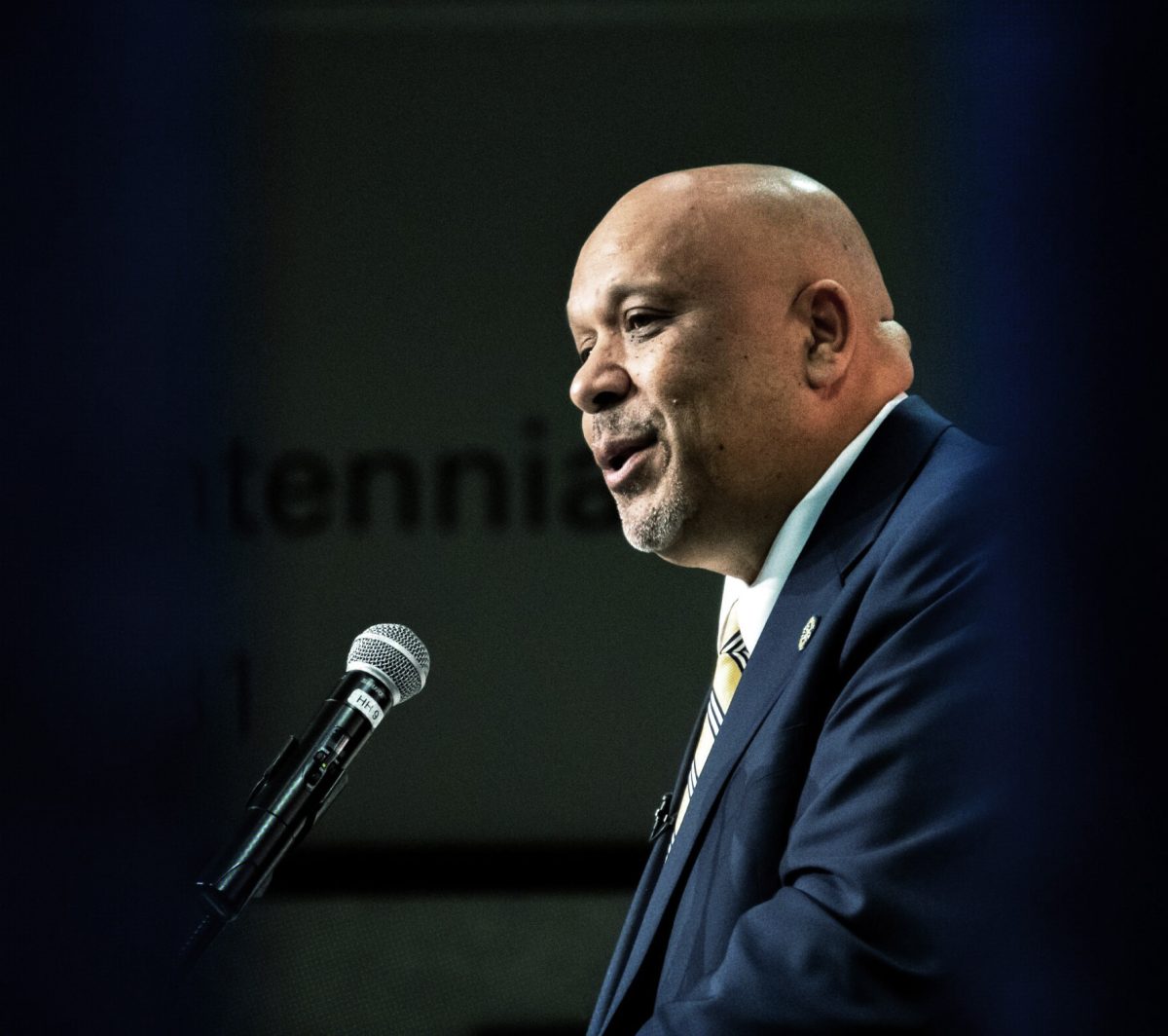Twenty-five percent of students at Marquette University are students of color, making it a record-breaking year for the university in terms of overall diversity, according to a university news release Sept. 27.
The first-year class is 29% students of color, up from 27% last year. The class is also 24% first-generation students, the highest percentage Marquette has seen since fall 2006.
The Office of Institutional Research and Analysis compiled this data, along with overall enrollment, as part of its annual report.
“These are positive strides, and it reflects a shifting culture that has been core to the long-term, challenging work of so many on this campus — students, faculty and staff alike,” acting provost Kimo Ah Yun said in an email.
Compared to the following Jesuit universities, Marquette has a lower diversity percentage. Loyola University-Chicago’s first-year class in 2018 was 39.9% students of color. Saint Louis University’s first-year class in 2019 is 34.5% students of color. Boston College’s first-year class in 2019 is 34% students of color.
Brian Troyer, dean of Undergraduate Admissions, said Marquette admissions launched initiatives this past year that could have played a role in the increased diversity, including First Families.
First Families is an event where 30 first-generation students come to Marquette and receive a highly individualized admissions process in their senior year of high school, Troyer said.
Troyer said admissions holds multiple on-site events at high schools in the area. In some cases, students receive their admission decisions at the events.
Another program admissions offers is Mi Casa es Tu Casa. Hosted in the spring, this event is for families whose primary language spoken at home is Spanish, Troyer said.
Spanish-speaking staff in admissions and financial aid welcome the families and have an open house for students to see Marquette, he said.
Admissions partners with organizations such as Chicago Scholars, College Possible, Girls for Teen Girls and Boys and Girls Club of Milwaukee.
Troyer said these efforts of personalization for the recruitment of students has helped cultivate trust in what Marquette can offer.
“I think one of the biggest reasons we are a draw to such a diverse and talented population of students is we have the outcomes,” Troyer said, referring to Marquette’s graduation rate.
Marquette’s current retention rate for first-year to second-year students is 90%, the highest since 2012, according to the release. The six-year graduation rate, which is the percentage of students who graduate within six years from when they started, is 82%, the second highest in Marquette’s history.
Troyer said students know they will be successful here and will graduate with a degree in their field of interest.
Troyer and Ah Yun both said they anticipate Marquette’s new test-optional policy, which allows students to apply to the university without submitting standardized test scores, to help diversify the student body in years to come.
Justin Manz, a freshman in the College of Arts & Sciences, said he is really excited Marquette was able to increase its diversity. Manz, a student of color, said he came to Marquette for new opportunities.
“More African American and Latino students applying to Marquette and feeling more comfortable (here) is great,” he said.
Ivan Moreno, a freshman in the College of Arts & Sciences, comes from Guatemala. However, his decision to come to Marquette was easy.
“It was an easy choice with career options, diversity and the weather,” he said.
Joya Crear, assistant vice president for Student Affairs, said there are supports in place for students when they arrive to campus.
She emphasized Ready to Inspire Success and Excellence, which is an orientation for students of color, which begins prior to new student orientation.
She said it makes students feel welcomed and a part of the Marquette community through access to faculty, staff and administrators right away.
Crear said the students come together throughout the year. For instance, she said RISE students from last year went to a basketball game together.
Crear also discussed the Educational Opportunity Program, which has numerous programs within. The college-bound program focuses on students of color and first-generation students, she said.
EOP celebrates its 50th anniversary this year and held numerous events during homecoming last weekend, according to its website.
Troyer said diversity is an ongoing mission and not something to be accomplished and then be done with.
“Diversity isn’t a goal to be achieved or a box to be checked — it’s an evolving pursuit to make Marquette more reflective of the world around us,” Ah Yun said in an email. “In that spirit, Marquette will continue to prioritize innovative ways to enhance the diversity of our incoming student population.”
Correction: A previous version of this story incorrectly referred to the Educational Opportunity Program as the “Equal Opportunity Program.” The Wire regrets this error.




